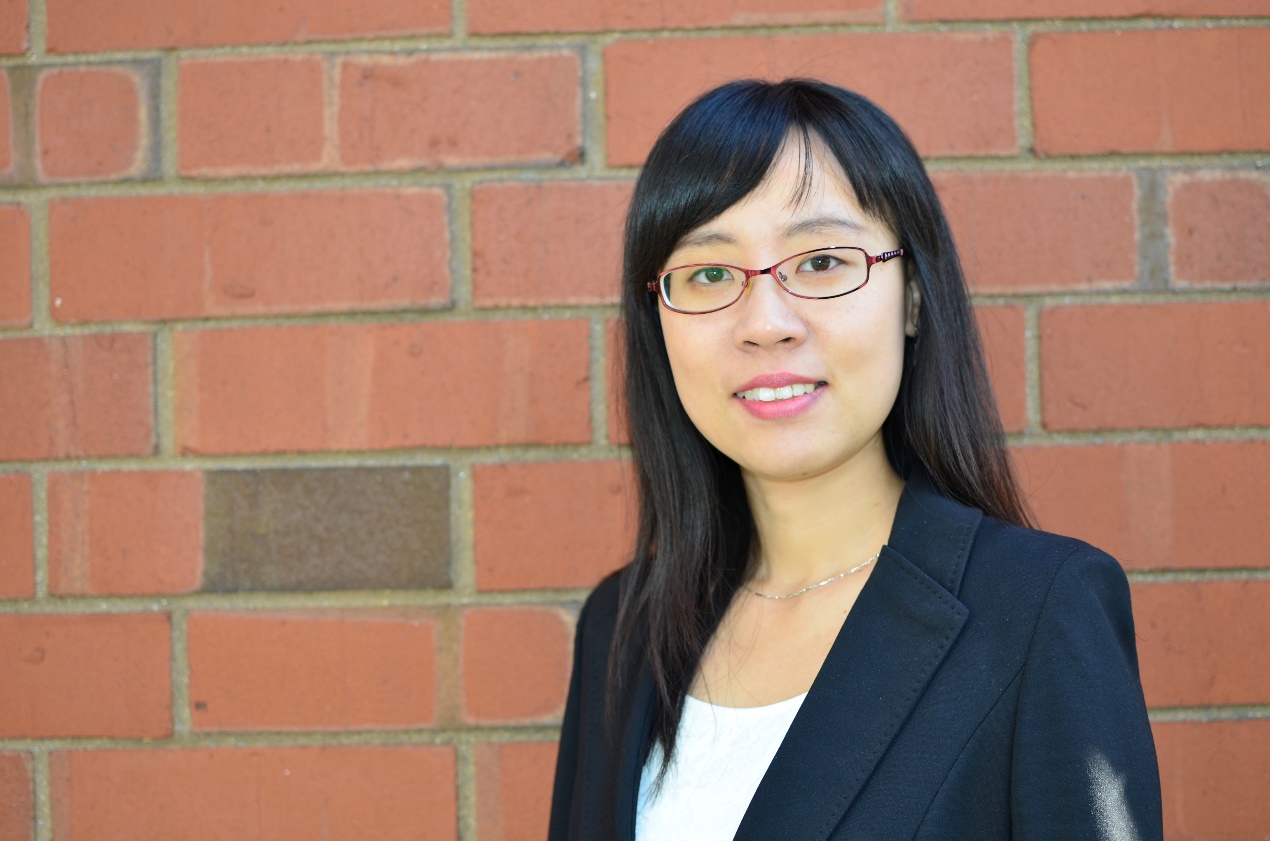威尼斯欢迎你welcome建院40周年系列活动之学术讲座第39期
财贸系列 Seminar 第1期
主题: Quid Pro Quo, Knowledge Spillover and Industrial Quality Upgrading: Evidence from the Chinese Auto Industry
主讲人: Jie Bai (哈佛大学)
主持人:张萃
会议工具:腾讯会议(会议ID:146 245 212,会议密码:123456)
会议时间:2020年11月11日上午 10:00
摘要
While there is a vast body of research on the benefits of FDI in developing countries, whether and how the form of FDI matters have received limited attention. This paper studies the impact of FDI via quid pro quo (technology for market access) on facilitating knowledge spillover and quality upgrading. Our context is the Chinese automobile industry, where foreign automakers are required to set up joint ventures (the “quid") with domestic automakers in return for market access (the “quo"). The identification strategy exploits a unique dataset of detailed vehicle quality measures along multiple dimensions and relies on within-product quality variation across dimensions. We show that affiliated domestic automakers adopt more similar quality strength as their joint ventures, compared to non-affiliated pairs. The results suggest that quid pro quo generates additional knowledge spillover to affiliated domestic automakers, on top of any industry-wide spillover. We rule out endogenous joint venture network formation, overlapping customer bases, or direct technology transfer via market transactions as alternative explanations. Analyses leveraging additional micro datasets on worker flows and shared upstream suppliers among automakers demonstrate that labor mobility and supplier network are important channels in mediating knowledge spillover. On the other hand, while quid pro quo facilitates learning, such a requirement is not a prerequisite for knowledge spillover. Counterfactual exercises show that quid pro quo is not the primary driver of the overall quality improvement experienced by domestic automakers.
主讲人简介
Jie is an Assistant Professor in Public Policy at Kennedy School, Harvard University. She received her Ph.D. in Economics from Massachusetts Institute of Technology in June 2016 and spent one year at Microsoft Research New England prior to joining HKS. Her research lies at the intersection between development, trade and industrial organization, focusing on microeconomic issues of firms in developing countries and emerging markets. Her past projects have examined firms’ incentive and ability to build a reputation for quality, collective reputational forces in export markets, the relationship between firm growth and corruption, and the impact of internal trade barriers among Chinese provinces on firms' export behavior. Her current ongoing work includes studying growth and reputation dynamics in global e-commerce platforms, technology transfer and knowledge spillovers in the Chinese auto industry, and quality upgrading of the Ugandan coffee sector.



